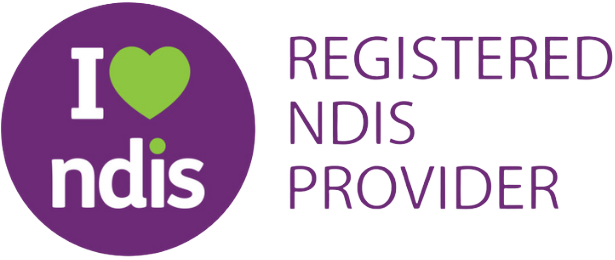The National Disability Insurance Scheme (NDIS) is designed to help people living with disability access the support they need to live independently, safely, and with dignity. One of the most important roles within an NDIS plan is that of the support worker. These professionals provide a wide range of practical, emotional, and community-based assistance tailored to the needs and goals of each participant.
Whether it’s helping with daily personal care, attending appointments, or participating in social activities, support workers play a key part in ensuring that participants feel supported and empowered.
What Does a Support Worker Do?
Support workers help NDIS participants with day-to-day tasks that they may find difficult due to their disability. The tasks vary depending on the level of support required, and can range from basic personal care to community participation.
For example, a support worker might assist with:
- Personal hygiene tasks like showering, dressing, or grooming.
- Meal preparation and support with eating.
- Household chores such as cleaning and laundry.
- Travel to and from appointments or social events.
- Building skills for independence (e.g., budgeting, cooking, or catching public transport).
- Encouraging participation in community or recreational activities.
These tasks are not just about ticking off a to-do list. They’re about improving quality of life, building confidence, and supporting participants to achieve their personal goals.
The Relationship Between a Participant and a Support Worker
A great support worker doesn’t just carry out tasks. They build a trusting relationship with the participant. For many people with disability, having someone reliable, kind, and understanding can make a world of difference to their daily experience.
Support workers often spend considerable time with participants and may become familiar figures in their lives. This consistency is essential for emotional stability, routine, and comfort, especially for participants with high support needs or conditions like autism or psychosocial disability.
However, it’s also essential that professional boundaries are respected. A good support worker knows how to strike a balance between being friendly and being professional, always keeping the participant’s safety, rights, and dignity at the centre of everything they do.
How Support Workers Fit into an NDIS Plan
Support workers are funded under the NDIS if they are part of the reasonable and necessary supports needed for a participant to pursue their goals. Depending on the participant’s plan and the type of funding they receive, support worker services might be included under:
- Core Supports: Day-to-day activities like personal care or community participation.
- Capacity Building Supports: Skill development, employment preparation, or social engagement.
- Assistance with Daily Life: Help with household tasks, self-care, or shared living support.
The NDIS plan should clearly outline what types of support are included, how often they can be used, and whether the participant can choose their own support worker or must go through a registered provider.
Participants may also choose to manage their funding themselves, allowing for more flexibility in choosing who provides the support and how it’s delivered.
What Makes a Good NDIS Support Worker?
A skilled support worker isn’t just someone with the right qualifications. They also need to have the right attitude. Working with people with disability requires empathy, patience, and adaptability. No two days are the same, and no two participants have the same needs.
Qualities that make a strong support worker include:
- Respect and understanding of disability and each individual’s unique journey
- Good communication skills to listen actively and respond clearly.
- Problem-solving abilities to adapt to changing situations.
- Reliability and punctuality to provide dependable support.
- Cultural sensitivity and the ability to work with people from diverse backgrounds.
Many participants also value workers who are supportive without being overbearing, those who encourage independence and let them take the lead where possible.
Choosing the Right Support Worker
Choosing a support worker can feel like a big decision. After all, this person may become a regular part of your life. Here are a few tips to help find the right fit:
- Be clear about what tasks you need support with.
- Think about your preferred personality or communication style.
- Ask about a worker’s experience with similar support needs.
- Trial a few sessions to see if it’s a good match.
- Don’t be afraid to speak up if something isn’t working.
Many NDIS providers offer support worker matching services, where you can be paired with someone based on your interests, goals, or preferences. This increases the likelihood of a positive long-term working relationship.
Supporting Independence and Dignity
A big part of a support worker’s role is helping participants maintain as much independence as possible. That means doing things with the participant rather than for them, wherever possible. It’s about building capability over time and offering encouragement, teaching new skills, and knowing when to step back.
Dignity is also at the core of support work. Every person deserves to be treated with respect, to be heard, and to be involved in decisions about their own life. A good support worker will always protect their participant’s privacy, uphold their rights, and work in line with the values of the NDIS.
Conclusion
Support workers play an important role in the NDIS by providing hands-on assistance that improves daily life and helps people achieve their goals. From personal care to community participation, their work often serves as the bridge between limitations and possibilities.
A support worker’s role is about more than just completing tasks. It’s about helping people live the lives they want to lead, with dignity, confidence, and choice.Alliance Multicare Services is here to help. If you or a loved one is looking for reliable NDIS support services, contact us at 1800 448 449. Our experienced, compassionate team is here to help you find the right support worker and make the most of your NDIS plan.









